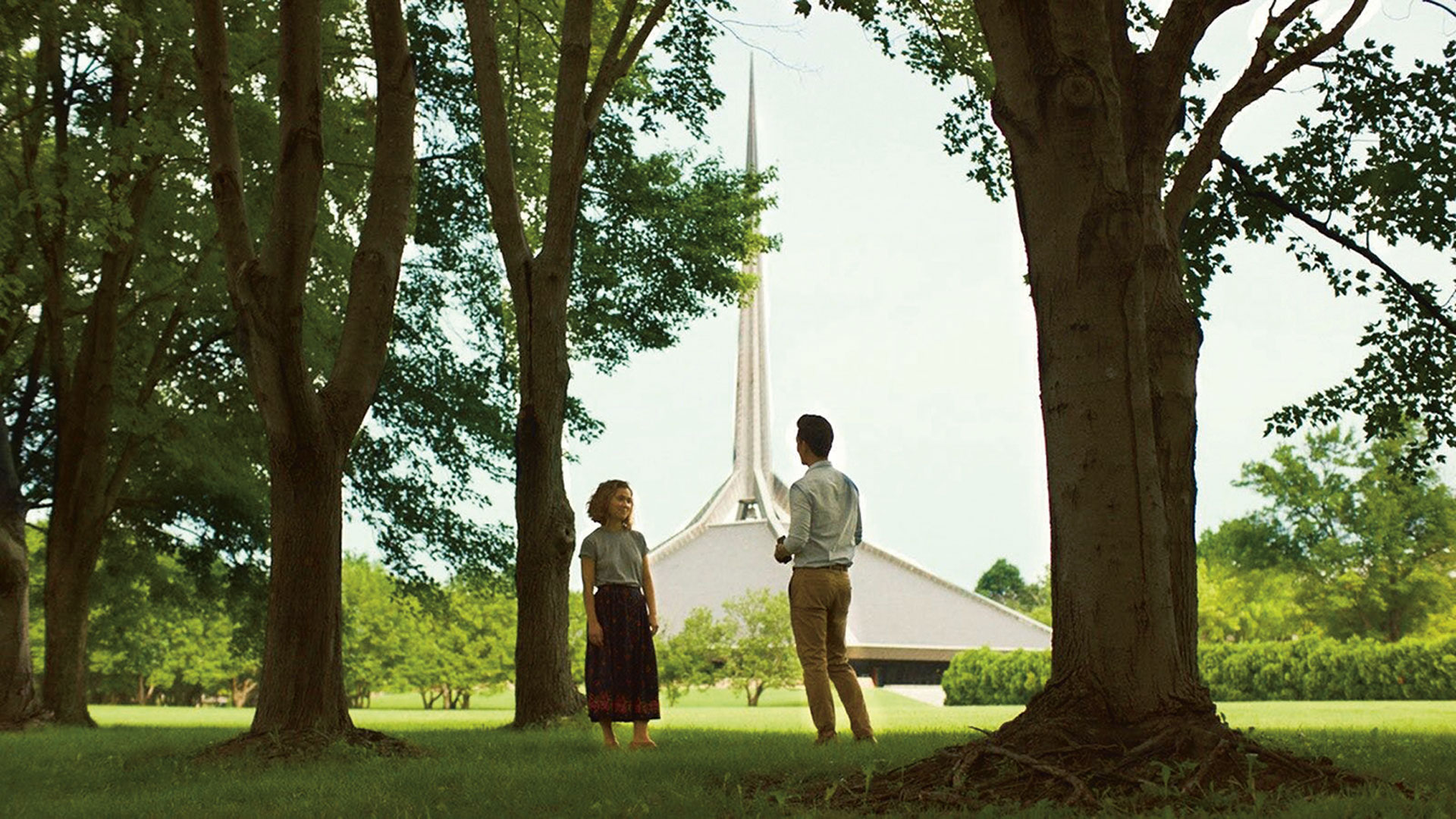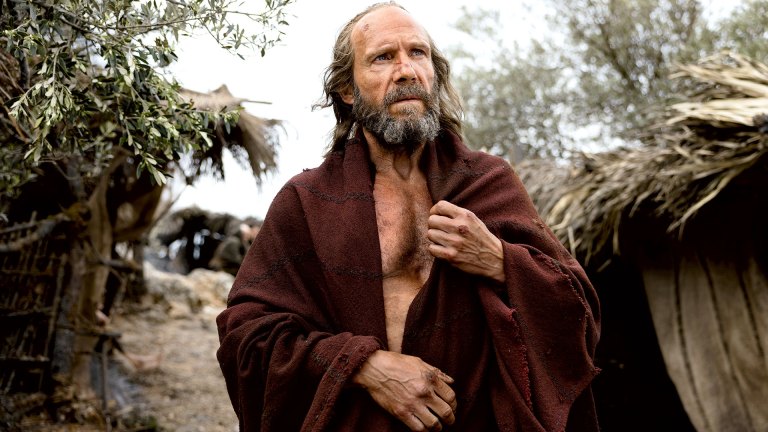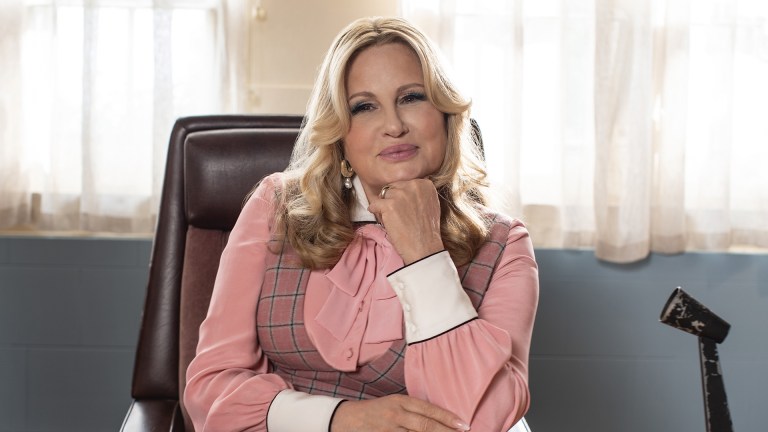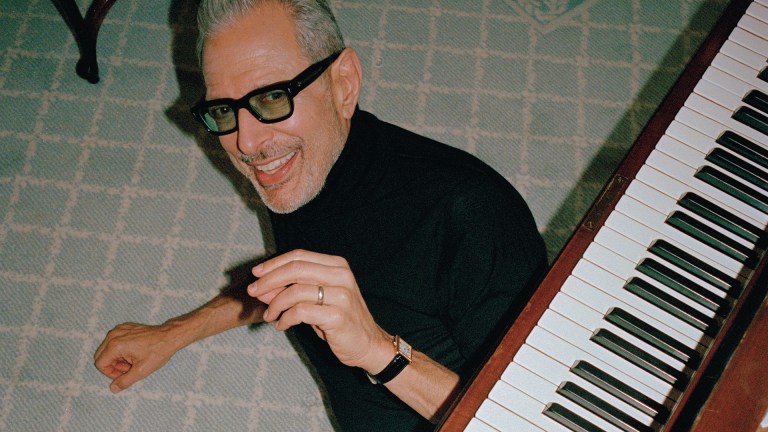Columbus takes its name from the city in Indiana. Among the many things this debut drama is concerned with are the modernist buildings that have made Columbus a magnet for design aficionados: this small Midwestern conurbation is host to pioneering buildings by masters of post-war modernism like Eero Saarinen and Harry Weese.
From the opening scene, the movie revels in this architecture. A middle-aged woman follows an older gentleman through a series of interiors – spaces of poised, harmonious geometry impeccably filmed by a stationary camera. We find out a little more about this couple as the film progresses, but for now they are subsumed to a far grander design. Less characters in a fiction, they’re more like figures about to be enfolded into the thick pages of an upscale architecture magazine.
These opening moments sounded a note of alarm for me: this reverential approach to beautiful buildings can be a little airless, the cinematic equivalent of a glossy coffee-table book. Columbus looks good, there’s no question about that. Director Kogonada – as he styles himself – and his cinematographer Elisha Christian’s visuals are ravishing. But what leaves a more lasting impression are the intimate, fragile and altogether human dramas unfurling against the concrete structures that Kogonada films so lovingly.
The couple glimpsed in the opening scene are an elderly architecture professor, originally from Korea, and his American colleague Eleanor (Parker Posey). The professor collapses suddenly and thereafter is confined to a hospital, too gravely ill to travel.
This medical crisis prompt the arrival of his adult son Jin from his home in Korea. Jin (John Cho) gives little away, but it’s clear from an awkward drink he has with Eleanor that relations with his ailing father are strained. With Eleanor (for whom Jin has nursed a crush since teenage years) Jin is left alone in the serene splendour of a city-centre guest house, waiting for his father’s condition to deteriorate.










